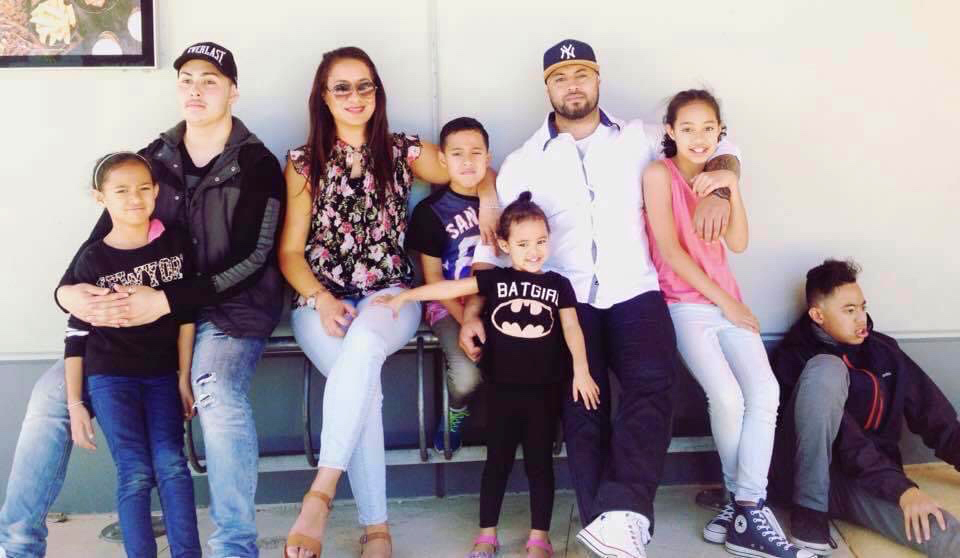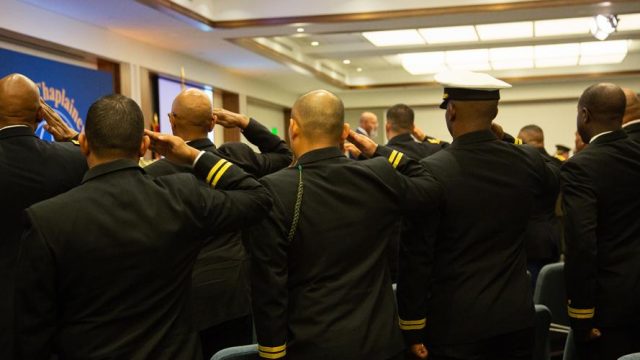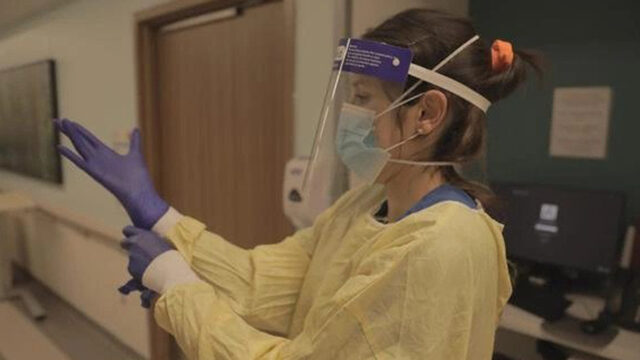What does the church become when everything suddenly changes?

In 2007, I made a conscious decision to give my life to God. It wasn’t a decision to include God in my plans, but a decision to rearrange my plans around God. I was in a dark place mentally and in desperate need of help. And picking up the Bible in 2007 changed everything for me.
One of the first things I told God was that I would never be an evangelist, nor would I ever live in the country. I was very specific with Him. I said, “Lord, don’t ever send me to Kempsey or Armidale (both Kempsey and Armidale are rural towns in New South Wales (NSW), Australia). I went on to study for a degree in Theology at Avondale University College and accepted the call to minister under the North NSW Conference. My first call was to Kempsey, and the second, Armidale. For the first four years of my ministry I was involved in chaplaincy, pastoral ministry, and church planting in these two country towns. And it was there that I learned to trust God, regardless of my external realities, never allowing my context to shape my faith, but to let my faith be shaped by my relationship with God.
A New Call and a New Adventure
In November 2019, I accepted the call to leave the part of the world I called home, to come to America and serve in the Washington Conference. While preparing for this time, Australia was on fire. Frontline pastors and their churches were in the trenches meeting the needs of their people. By February, as the fires began to die down, my family and I had received our visas. Flights were booked and bags were packed for the big move.
We left Australia nervous and excited about our new adventure. When we arrived at the end of February, we were well received by our new home conference and church at Auburn Adventist Academy. We moved into the dorm and lived out of suitcases until we were able to get into a house. Soon after our arrival, two of my children caught chickenpox, and the other suffered two seizures and three dislocated shoulders—all within two weeks. In those first weeks, my primary focus was on settling my family, getting to know my community, and adjusting my body clock to the time change.
Building a Ministry
As always, the first thing I do in a new location is to study my community—its demographics, culture, and history. I busied myself studying Washington State, King County, and my new home city, Auburn. I was excited about becoming part of this community. I wanted to focus my ministry on finding evangelistic pathways to increase the spiritual temperature of my city. The truth is, programs don’t win people. It’s people who win people. Serve the people, and you reveal the Father. Our primary focus should not be on getting people to join us, but to reveal the Father as the Christ did. Point people to Jesus, and let Him build His church.
But within two weeks of living in Auburn, the governor issued a stay-at-home order. This meant that I was not going to be able to learn the ministries of my church and find ways to move the message outward. Instead, I now had to join our church leaders in redeveloping a strategy for moving the gospel forward in the face of COVID-19. The challenge for most congregations is that church is often defined as a building or a gathering. Yet, the truth is that the church didn’t begin in a building; it began with Jesus and His 12 disciples.
Church Can Adapt
I’m a powerlifter and a strength coach, and part of what I do as a trainer is develop training and dietary programs for individuals. And because people have skeletal differences in bone geometry, including diverse body types, not all programs work for everyone. I’ve always encouraged people to do a self-assessment and then find and reformulate a program that works for their unique body type. In the same way, as a church it’s crucial that we work closely with the people of the local community in order to reach them more effectively. We may bring in outside experts or professionals in evangelism, church planting, and discipleship, but we must not be dependent on them. The key is contextualization. Evaluate local needs and apply key strategy when and where necessary.
At Auburn Adventist Academy Church, our goal is to stay close to the leaders and members of our church and city during this challenging time. We’re working through just doing life with them to gain an understanding of our people. There’s an indigenous group in the region known as the Muckleshoot people—our desire is to mingle with them, build genuine relationships, and develop programs that will enable the church to meet their needs. And right now, we’re in the process of reevaluating and redeveloping our ministries to continue discipling and evangelizing through this pandemic.
Two of the most asked questions in my local community right now are, “How long will we be locked down?” and “Will there be restrictions on future gatherings?” On an ecclesiological level, these questions are irrelevant. The church’s existence and functionalities have never—and will never—be reliant nor dependent on external realities. It’s dependent on its Builder. And because the Builder has overcome all things, nothing will overcome His church—no, not even Hades itself (Matt. 16:18).








